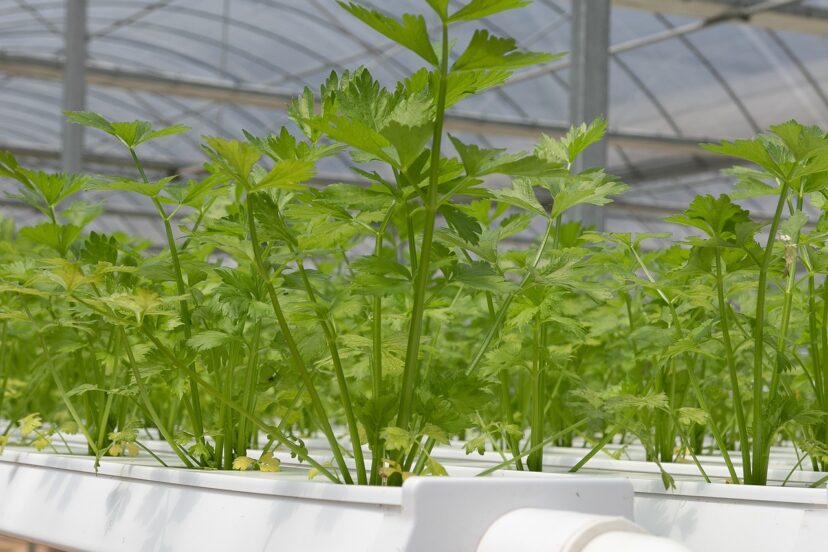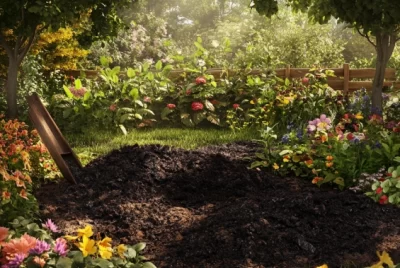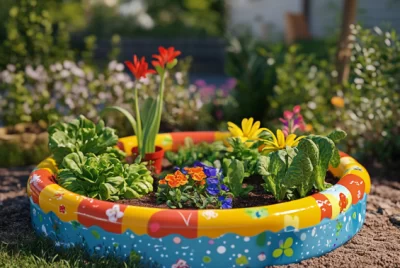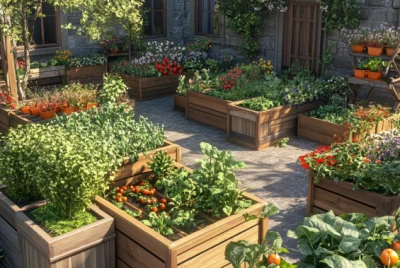Hydroponic Greenhouse: A Comprehensive Guide for Enthusiasts on Challenges, Benefits, and Pro Tips
Introduction
Hey there, fellow plant lovers and aspiring green thumbs! Ever wondered about growing plants but not in the conventional soil setup? Today, we’re digging into the fascinating world of a hydroponic greenhouse. Whether you’re looking to start from scratch or improve your current setup, I’ve got a plethora of tips, tricks, and insights for you.
What is a Hydroponic Greenhouse?
Definition
In layman’s terms, a hydroponic greenhouse is a high-tech garden party for your plants. This method uses nutrient-rich water solutions instead of soil, providing a more controlled environment for plant growth.
Basic Components
Alright, think of it as building a LEGO castle for your plants. You’ll need a foundation (trays or containers), some decorative pieces (grow lights), the knights and soldiers (air and water pumps), and of course, the treasure (nutrient solutions). Intrigued? You should be!
Why Choose a Hydroponic Greenhouse Over Traditional Farming?
Efficiency
Would you rather crawl or fly to your destination? Hydroponic systems allow plants to grow about 50% faster than they would in soil. Plus, you can save up to 90% more water.
Space-saving
Who says you need a large farm to grow your food? A hydroponic setup makes it possible to grow more in a confined space, like stacking your crops vertically, which is basically high-rise apartments for plants!
Challenges of a Hydroponic Greenhouse
Initial Cost
Yes, it’s akin to buying a brand new computer set-up, complete with all the gadgets. Your initial investment might be hefty, including the cost of grow lights, trays, pumps, and other equipment.
Complexity
You’ll need to become a part-time scientist here. Mastering the pH levels, nutrient balance, and light cycles can be challenging but rewarding.
The Various Types of Hydroponic Systems
NFT (Nutrient Film Technique)
Imagine a mini water park for your plants. A thin film of nutrient water continuously flows over the roots, providing all the necessary nutrients.
DWC (Deep Water Culture)
Think of it as a spa day for your plants. They are suspended in a nutrient solution, and bubbled with oxygen to keep them happy.
Wick System
Your plants get to sip nutrients through a wick, almost like sipping a cocktail through a straw. It’s a simpler but effective system for smaller crops.
Setting Up Your Hydroponic Greenhouse
Location
Just as you wouldn’t build a snowman in the desert, location matters! Optimal sunlight and stable temperature are crucial factors.
Budgeting
Outline your budget like you would plan a vacation. There are various costs involved including the setup, running costs, and maybe even unexpected expenses.
Equipment
Apart from the essentials, don’t overlook small yet important tools like pH meters, timers, and testing kits.
Climate Control in Your Hydroponic Greenhouse
Temperature
Think of your hydroponic greenhouse as a nursery for baby plants. A temperature range of 65-80°F usually works well for most plants.
Humidity
You want a slight morning dew effect—enough moisture to help with nutrient absorption but not too much to cause mold.
Light
Too much of anything is bad. 14-18 hours of light is generally a good range, but this can vary depending on the plant.
Hydroponic Greenhouse Water and Nutrient Management
Water Quality
Your plants are like little athletes; they need high-quality H2O for optimal performance.
Nutrient Solutions
Consider this the plant’s diet plan. Different plants have different nutrient needs, so be prepared to switch things up.
Crop Selection for Your Hydroponic Greenhouse
Leafy Greens
If you’re a fan of salads, leafy greens like lettuce and kale grow exceptionally well in hydroponic systems.
Fruits
Believe it or not, fruits like strawberries and even tomatoes can thrive in a hydroponic greenhouse.
Hydroponic Greenhouse Pest and Disease Management
Biological Control
Let ladybugs and predatory mites be your guardians against destructive pests.
Chemical Control
If all else fails, eco-friendly pesticides can be your last resort.
Technology in a Hydroponic Greenhouse
Automation
Free up your time by automating tasks like watering and lighting through smart systems.
IoT (Internet of Things)
Monitor your greenhouse conditions from anywhere through your smartphone, thanks to IoT sensors and devices.
The Environmental Impact of a Hydroponic Greenhouse
Water Conservation
It’s like saving every drop of rain in a drought. Hydroponic systems reuse water efficiently.
Reduced Use of Pesticides
With fewer soil-borne diseases, you’ll be using fewer chemicals, making it a win for you and Mother Earth.
ROI – Return on Investment
It’s not just about money; it’s also about the quality of the crops, which often fetch a higher market value.
Hydroponic Greenhouse Tips and Tricks for Beginners
Start small
Experiment and learn
Seek advice from experts
Conclusion
Phew! That’s quite a lot, isn’t it? The world of hydroponic greenhouses is rich, engaging, and honestly, not as complicated as it sounds once you get the hang of it. So what’s stopping you from taking the plunge?
FAQs
Is hydroponics better than soil farming?
It depends on your goals and the crops you wish to cultivate.
How much does it cost to start a hydroponic greenhouse?
The cost varies widely, but expect an initial investment between $500 to $5,000.
Can I grow any plant in a hydroponic greenhouse?
While most plants can be adapted, some are more naturally suited for hydroponic systems.
Do hydroponic greenhouse plants taste different?
Many people report a more vibrant taste due to controlled nutrient management.
Is hydroponic farming organic?
It can be, depending on your choice of nutrients and pest control methods.
I hope this comprehensive guide serves you well on your hydroponic journey! Happy farming!
“




